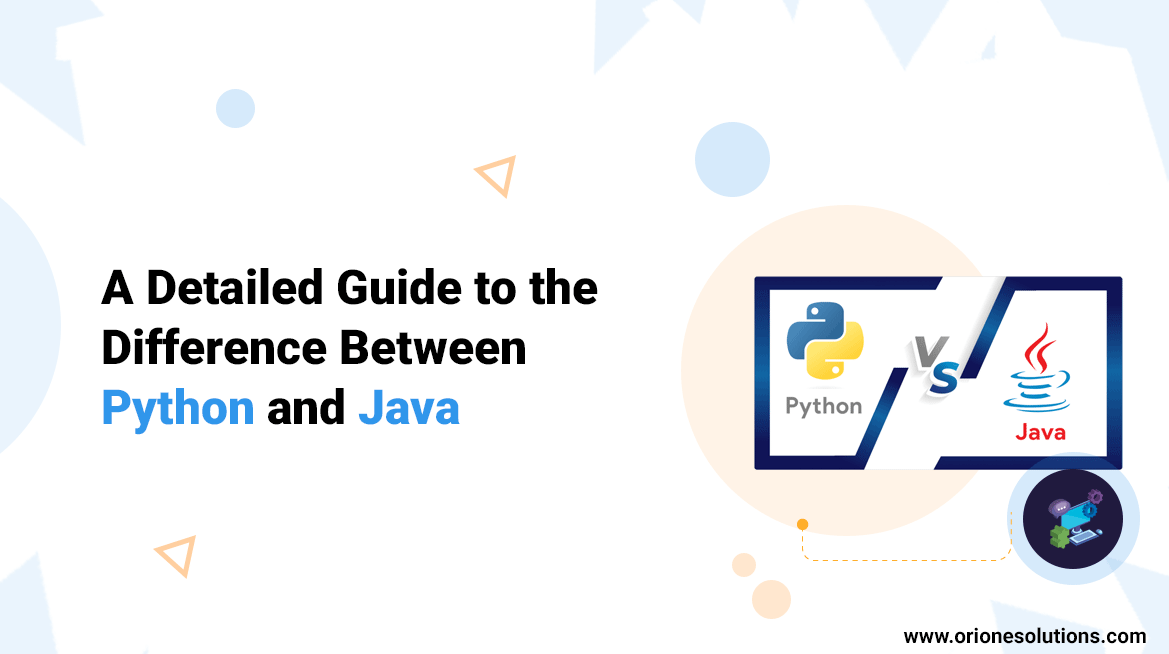Python and Java have been a part of the software development landscape. They have gathered enormous communities of dedicated experts and followers and have achieved significant growth for decades. As a result, the outcome is a long-running conflict over which is the ideal programming language – Python and Java. Furthermore, over the years, there has been a significant increase in the number of programming languages leveraged in daily life and the software development landscape.
However, Java and Python could remain the widely used languages, driving the attention of a huge community of developers, beginners, and businesses. Besides, the attention is directed towards the increasing need to hire a web development company that can help choose the right programming language.
So, in this write-up, we will compare both the languages Python vs Java, explore their pros and cons, and decide which is ideal for your development needs.
Overview of Python
Python is one of the popular object-oriented programming languages. It has prioritized readability and simplicity of code since its inception in 1991. This language has demonstrated its extraordinary adaptability over time. These days, machine learning, image processing, multimedia web applications, and much more are frequently done with Python and its frameworks.
Thus, making it a viable choice for software development in this ever-growing technological era. Moreover, when you hire Python developers, they can leverage its in-built data structures, ensuring quick software development
Overview of Java
Java, on the other hand, is a general-purpose, high-level programming language that ensures multi-platform capability and follows a network-centric methodology. It has steadily become one of the most sought-after languages for software development.
Because Java has so many built-in libraries, finding the already-developed code for a particular purpose and programming in Java becomes a lot easier.
Key Differences Between Python and Java
Being the two most widely used programming languages, Python and Java share many similarities. But it’s their differences that end up being their most defining characteristics.
Let’s compare Java and Python to examine the key differences between the two and which one to choose as per the project needs.
Learning Curve: Python vs Java
The learning curve for Python is far more comfortable than that of Java. Beginners will find it easy to use because of its straightforward syntax, clear commands, and a wide range of instructional resources.
On the other hand, Java also ensures easy writing, compiling, and debugging. However, in Java, code blocks are required to be separated using brackets. This requires the efforts of the developers to ensure easy code readability. In addition, Java required several lines of code in Java, even for simple reasoning. multiple lines of code, even for simple logic.
Syntax Simplicity: Python vs Java
Python is one of the simplest programming languages to learn because of its well-known, accessible syntax. Its clear and simple syntax makes code authoring and program flow comprehension easier. The indentation-based block structure of Python improves readability even more, making it simpler for beginners to understand the programming principles hassle-free.
Although Java is not that simple to understand like Python, it has a uniform syntax. However, an in-depth understanding of object-oriented programming principles and a more rigorous approach to syntax are necessary for learning Java. Thus, leading to a more complex learning curve, posing challenges for beginner developers.
Coding Speed: Python vs Java
Python is a more concise programming language and uses fewer code lines to perform development. It is also dynamic in nature which expedites the coding process.
In contrast, Java has complex grammar and is statically typed, which lowers the code writing speed. Nonetheless, Java coding is made slightly simpler by the abundance of libraries that offer ready-made solutions for a wide range of programming jobs.
Performance and Stability: Python vs Java
Java is a compiled and interpreted language, which implies that before the code can be run as a program, it must go through compilation. In cases where the code has errors or bugs, the compilation process will fail and the errors can be resolved. Java programs outperform Python language in terms of speed and reliability since they are compiled and error-checked before execution.
Python is an interpretive programming language. Its programs aren’t precompiled, in contrast to Java. This implies that any Python code mistakes may occur during runtime, possibly leading to program crashes and reducing the software performance and stability.
Security: Python vs Java
Java comprises better authentication and access control features than Python, making it a more reliable and secure language. Its security-critical systems benefit from built-in capabilities, making it easier for developers to reduce risks associated with illegal access and data compilation.
On the other hand, Python, known for simple syntax and readability, ensures ease of use but poses security challenges too. The language flexibility further contributes to vulnerabilities that may occur by code execution features or dynamic typing.
Which One to Choose: Python or Java
The choice between Python and Java depends on several important factors. The first one is the skills and experience. If you want to develop software on your own with a minimal learning curve, choosing Python would be ideal.
In case, you choose Java programming language but have no technical knowledge, you can hire Java developers to handle more complex development project requirements.
Java and Python are both object-oriented and general-purpose languages. In real-world applications, though, each of these has its uses and can be ineffective in others. Hence, assess the project needs and see which language fits in better.
Final Thoughts
To sum up, besides the differences, Python and Java both are the best-performing programming languages. Java is well renowned for being a great language to use for developing native Android apps. On the contrary, Python is also frequently utilized for developing robust mobile apps’ backends.
So, if you are to begin a new software development project and are stuck between Python and Java, the best thing is to hire a software development company. They can better understand your project objectives and requirements and recommend the ideal programming language.
We at Orion eSolutions offer robust software development and AI development services to businesses across the globe. We have a team of highly skilled professionals who possess strong proficiency in both Python and Java. You can hire Python developers or Java experts with the relief that your software will be developed quickly and any issues will be handled efficiently.
Frequently Asked Questions
Q1: Which is better: Python or Java?
Answer: Well, the answer to the question of which is better, Python or Java is quite intricate. Both have their varying advantages and disadvantages, offering unique capabilities. In addition, the final choice depends on the unique project needs. Java is a highly versatile language ideal for building large-scale apps. On the other hand, Python is suitable for computing, data analysis, and other complex tasks.
Q2: Will Python replace Java?
Answer: It is vital to understand that the IT industry is highly evolving and new tools and technologies are continually developing rapidly. Here, Python and Java are both well-performing and have different roles in the development sector. So, both are likely to stay and continue fulfilling the needs of businesses in several niches to choose the ideal language and continue building robust solutions.
Q3: Can Python and Java be implemented together?
Answer: Yes, you can utilize both Python and Java simultaneously. However, it is better to incorporate Java with Python as it enables developers to quickly develop apps while ensuring simplified and transparent communication.
Q4: Is Python getting outdated?
Answer: High-level programming language Python, which is well-known for its readable and understandable syntax, has continuously been rated as a highly demanding programming language. Even though there might be rumors of newer, more robust languages, Python will still likely remain the choice of many businesses in the coming years.









